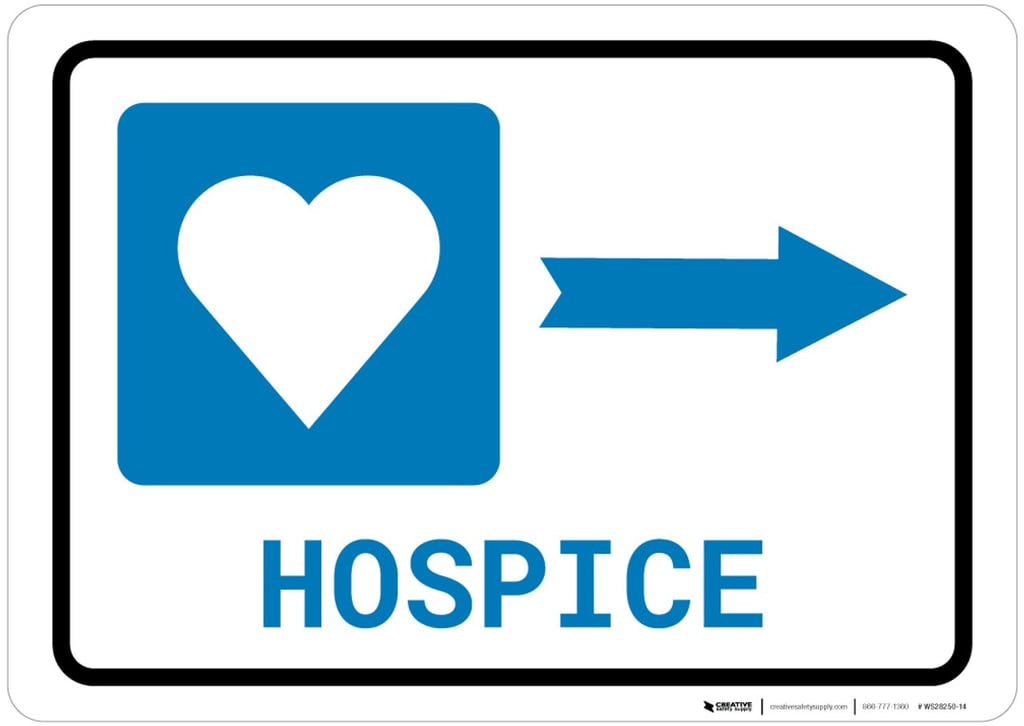Understanding Hospice Care: What It Is and When It's Needed
When facing a serious illness or end-of-life situation, families often find themselves overwhelmed by choices and emotions. Hospice Care is a compassionate option designed to provide comfort, dignity, and quality of life during the final stages of a person’s journey. Understanding when it’s time for hospice and what it entails can help families make informed, compassionate decisions.
MEDICAL
Jose Guanti
5/8/20242 min read


What is Hospice Care?
Hospice Care is specialized medical care for individuals facing a life-limiting illness where the focus shifts from curing the disease to providing comfort and enhancing quality of life. The goal is to manage symptoms, reduce pain, and support emotional, social, and spiritual well-being for both the patient and their family.
Services Typically Include:
Pain and Symptom Management: Focused on comfort and reducing suffering.
Emotional and Spiritual Support: Counseling for patients and their families.
Medical Care Coordination: Regular visits from doctors, nurses, and caregivers.
Medication Management: Supervision and delivery of essential medications.
Personal Care Assistance: Help with bathing, dressing, and personal hygiene.
Respite Care for Family Members: Temporary relief for family caregivers.
24/7 On-Call Support: Access to medical professionals anytime, day or night.
When is Hospice Care Needed?
Hospice Care is typically recommended when a patient has been diagnosed with a life expectancy of six months or less if the illness follows its normal course. However, hospice is not just about the final days—it can begin much earlier to provide comfort and support for both patients and their families.
Signs That It May Be Time for Hospice Care:
Frequent Hospital Visits: Multiple emergency room visits or hospital admissions in recent months.
Declining Health: Noticeable weight loss, increased fatigue, and reduced mobility.
Difficulty Managing Symptoms: Uncontrolled pain, nausea, breathing issues, or severe anxiety.
Loss of Independence: Difficulty performing daily activities like eating, dressing, and bathing.
Decision to Focus on Comfort: The choice to discontinue aggressive treatments in favor of quality of life.
Where is Hospice Care Provided?
Hospice Care can be provided in multiple settings, depending on the patient's needs and preferences:
At Home: In the comfort of familiar surroundings, with family and friends nearby.
Assisted Living Facilities: For those who are already in a senior living community.
Nursing Homes: Providing comprehensive medical care with hospice support.
Hospice Centers: Dedicated facilities designed for end-of-life care.
Why Choose Hospice Care?
Choosing hospice means choosing comfort, dignity, and peace of mind. It allows patients to live their final months with as much quality and comfort as possible, surrounded by loved ones and free from unnecessary hospital visits. Families also receive guidance, counseling, and support during an emotionally challenging time.
Key Benefits:
Enhanced Quality of Life: Focuses on comfort and peace.
Support for Families: Emotional, spiritual, and respite support for caregivers.
Personalized Care Plans: Tailored to the needs and wishes of the patient.
Home-Based Care: Allows patients to remain in familiar surroundings.
Ready to Learn More About Hospice Care Options?
Understanding when it’s time for hospice care can be a difficult decision, but you don’t have to navigate it alone. Let’s explore the best options together to ensure comfort, dignity, and peace for your loved one.
Call me today: 561.971.9142
I strongly advise seeking proper education and guidance from certified professionals to ensure that all decisions are informed and secure.
